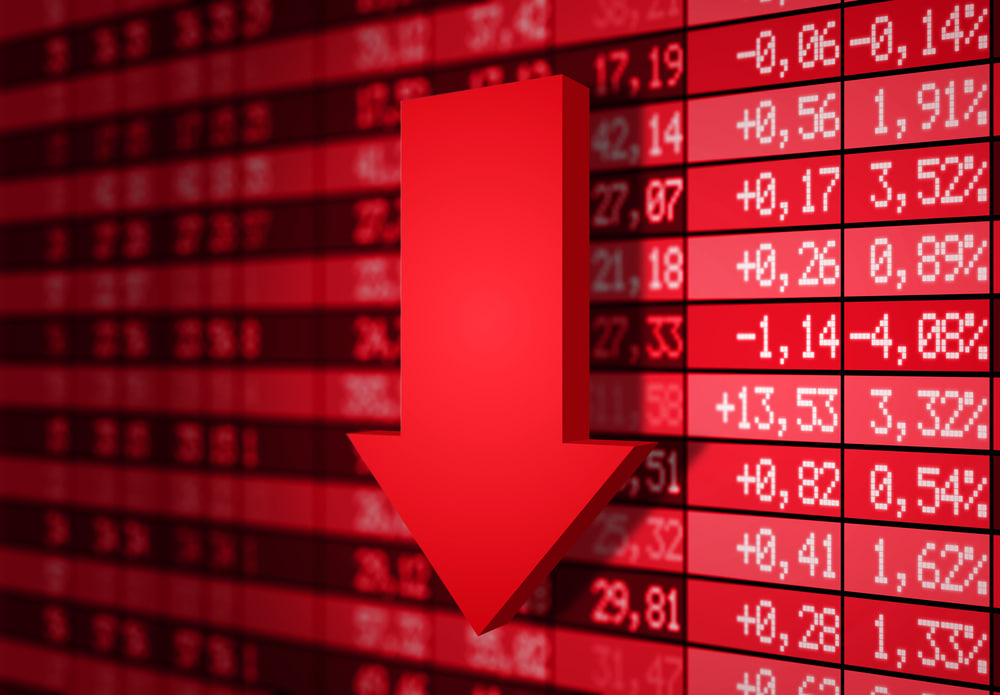Trump's "Hush Money" Case: A Legal Deep Dive & What It Means
Meta Description: Trump's hush money case, legal ramifications, presidential immunity, New York State court ruling, Manhattan District Attorney, 2016 election, adult film actress, fraudulent business records, criminal charges, sentencing.
This isn't just another political headline; it's a legal rollercoaster with twists and turns that could reshape American jurisprudence. Imagine this: a former president, now a candidate, embroiled in a scandal involving hush money paid to an adult film actress during a pivotal election. This isn't some Hollywood drama; it's the real deal, and the consequences are far-reaching. We're diving deep into the complexities of the "hush money" case against Donald Trump, unraveling the legal knots, examining the judge's decisions, and exploring what this all means for the future of American politics. Get ready to unpack the layers of this intricate case, from the initial charges of falsifying business records to the ongoing debate about presidential immunity. We'll navigate the legal landscape alongside you, providing expert insights and clear explanations, so you can understand the ramifications of this unprecedented legal battle. Prepare for a rollercoaster of legal jargon, surprising twists, and crucial information that will help you form your own informed opinion on this landmark case. This isn't just about a former president; it's about the very definition of presidential power, the limits of immunity, and the integrity of the American justice system. So buckle up, because this journey into the heart of the Trump "hush money" case is anything but boring!
Trump's "Hush Money" Case: Key Legal Developments
The recent ruling by New York State Supreme Court Justice Juan Merchan regarding the hush-money case against former President Donald Trump has sent shockwaves through the political and legal worlds. The case, which centers around payments made to adult film actress Stormy Daniels during the 2016 presidential election, is a tangled web of legal complexities that demand careful examination. Let's break down the key events and their significance.
The core of the case lies in allegations that Trump falsified business records to conceal a $130,000 payment made to Daniels to prevent her from publicly disclosing an alleged affair. A jury found him guilty on all 34 counts of falsifying business records, a misdemeanor under New York State law. This verdict, however, wasn’t without its challenges.
Trump’s legal team, naturally, argued for dismissal, citing potential presidential immunity. While the US Supreme Court did rule in July that a sitting president enjoys broad immunity regarding official actions, Justice Merchan skillfully distinguished between personal actions and official duties. He argued, and correctly so in my opinion, that the alleged hush-money payment was a personal matter unrelated to Trump's presidential functions, thus rendering the immunity argument moot. This was a crucial distinction, smartly handled by the judge, and it effectively sidestepped a potential constitutional quagmire.
A key point to consider here is the difference between civil and criminal actions. While a civil lawsuit might focus on monetary damages related to defamation or breach of contract, the criminal charges in this case focused on the alleged falsification of business records––a clear violation of New York State law. This meticulous legal distinction underlines the gravity of the situation and the judge's thorough consideration of the matter.
Furthermore, the judge's decision not to immediately rule on a request to dismiss the case based on Trump's status as a presidential candidate adds another layer of legal intrigue. It highlights the ongoing legal battle and keeps the suspense high. The legal wrangling continues, and the final outcome remains uncertain.
Presidential Immunity: A Complex Legal Landscape
The issue of presidential immunity is a complex and often debated topic. The Supreme Court's July ruling highlighted the broad scope of immunity for official actions taken by a president. However, as the Trump case vividly demonstrates, this immunity isn't absolute and doesn't extend to personal conduct unrelated to official duties. This distinction, while seemingly straightforward, often proves difficult to define in practice.
Think of it like this: a president's actions while performing their official duties – approving legislation, conducting foreign policy, etc. – are generally protected by immunity. However, personal actions, even if they occur while they are president, can be subject to legal scrutiny. The line can be blurry, but the courts are tasked with drawing it. The Trump case serves as a critical precedent in clarifying this crucial line, offering valuable insight into the limits of presidential immunity.
This isn’t just an academic debate. The implications for future presidents are significant. It sets a clear precedent, clarifying that a president's personal life and actions, however intertwined with their official duties they might be, are not entirely shielded from the law. This strengthens the principle of accountability, ensuring that no one, not even the president, is above the law.
The ongoing legal battles surrounding this case underscore the importance of this distinction, constantly testing and refining our understanding of presidential immunity. The Trump case, in a way, is a case study in constitutional law, shaping our understanding of executive power and responsibility and strengthening the framework of checks and balances in the American political system.
The Fallout and Future Implications
The ramifications of this case extend far beyond Trump himself. It sets a precedent for future cases involving allegations of wrongdoing by high-ranking officials. It also touches upon broader questions about accountability and the rule of law.
The case has already sparked intense debate about the separation of powers and the balance between executive authority and judicial review. The continuous legal back-and-forth demonstrates the checks and balances in action within the American justice system, reinforcing the legal system's role in holding even the most powerful individuals accountable.
Moreover, the case has highlighted the potential challenges in prosecuting powerful individuals, particularly those with significant political influence and access to top-tier legal representation. While the legal process might seem slow and tedious, the rigorous process ensures fairness and protects everyone's rights. Patience is key in understanding the legal system's efficiency.
The outcome of this case could significantly influence future legal strategies and interpretations regarding presidential conduct and accountability. It strengthens the commitment to the principle of equal justice under the law.
Ultimately, the Trump "hush money" case serves as a powerful reminder that no one, regardless of their position or power, is above the law. It underscores the importance of the rule of law and the ongoing need to uphold the integrity of the American justice system. This case serves as a critical teaching moment for aspiring lawyers and citizens alike, emphasizing the intricate nuances of American law and the importance of upholding justice.
Frequently Asked Questions (FAQs)
Q1: What were the charges against Trump?
A1: Trump was charged with 34 counts of falsifying business records in the first degree, a misdemeanor under New York State law. These charges stemmed from allegations that he falsified business records to conceal payments made to Stormy Daniels during the 2016 presidential election.
Q2: What is the potential punishment for these charges?
A2: Each misdemeanor charge carries a maximum sentence of one year in jail. With 34 counts, the maximum potential sentence is 34 years. However, it's highly unlikely he'd face such a sentence. It's more probable that he would receive a reduced sentence or probation.
Q3: What is the significance of the presidential immunity argument?
A3: Trump's legal team argued that presidential immunity shielded him from prosecution. The court rejected this argument, stating that the alleged actions were personal, not official, presidential acts. This sets a crucial precedent for future cases.
Q4: What is the next step in the legal process?
A4: The judge is still considering a request to dismiss the case based on Trump's candidacy. If that fails, the case will likely proceed towards sentencing. Additional legal challenges and appeals are anticipated.
Q5: How does this case impact future presidential elections?
A5: The case's impact on future elections is uncertain. It may influence voter behavior and campaign strategies. It could also lead to further legislative efforts regarding presidential ethics and accountability.
Q6: What is the broader significance of this case?
A6: This case highlights the ongoing tension between presidential power and the rule of law. It reinforces the principle of accountability, demonstrating that even high-ranking officials are subject to legal processes and consequences.
Conclusion
The Trump "hush money" case is a complex and multifaceted legal battle that has far-reaching implications. It's not just about a former president and a payment; it's about fundamental principles of law, presidential power, and accountability. The case continues to unfold, but one thing is clear: it's a landmark case that will shape legal discussions and interpretations for years to come. The meticulous legal process, though sometimes slow, ensures fairness and strengthens the foundation of American justice. The ongoing legal challenges underscore the importance of understanding the nuances of American law and the commitment to upholding justice for all.



